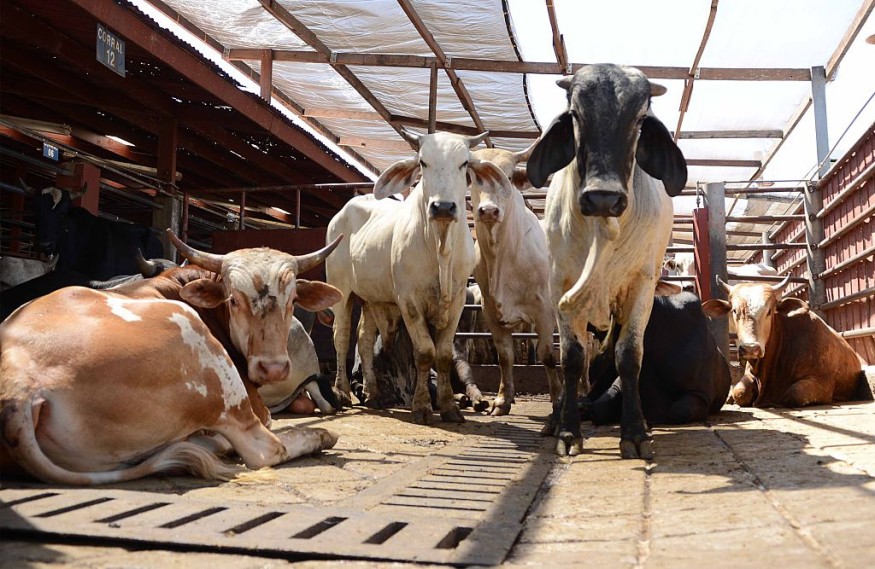The latest report warned of the potential impacts of widespread deforestation on the cattle population in Costa Rica, which makes species vulnerable to rabies outbreaks from vampire bats.
Deforestation threatens biodiversity and ecosystems, which humans have exacerbated. The decline in forests can significantly affect significant habitats for many species.
Additionally, forests play a crucial role in diversity and ecological balance, and increasing deforestation can significantly affect sources of food and animal survival.
According to a report on May 14, researchers studied the consequences of deforestation on the emergence of rabies outbreaks brought by vampire bats in Costa Rica.
Deforestation and Rabies Outbreak

Researchers investigated the spread of rabies virus infections in cattle due to vampire bats, indicating a potential relationship between anthropogenic disturbance and the virus.
The research report was published in Emerging Infectious Diseases.
The study, led by Professor Thomas Gillespie, observed the effects of land-use change and bovine rabies outbreaks in the country from 1985 to 2020. Understanding the problem can address the virus risk, particularly how deforestation enhanced it.
Alarming deforestation can increase the risk of cattle having rabies from vampire bats. Additionally, the decline in forests can damage biodiversity, allowing pathogens to emerge or spread.
Rabies infection in the cattle population can have potential impacts on the economy and agriculture, as Costa Rica mainly relies on ecotourism and livestock farming.
To address the rabies outbreak in the country, vaccination has helped to mitigate dog rabies. However, another concern is the transmissions from vampire bats, particularly in Puntarenas Province.
With reduced forest habitats, bats can feed on farm cattle without detection, likely increasing the transmission problem. Additionally, it can alter the feeding habitats of campfires, making mammals like cattle potential victims and hosts of transmission.
Addressing the problem of rabies infection
Due to threats to other species, the report emphasized the urgent need for preventive measures, such as land-use decisions and reducing greenhouse gas emissions. These measures can mitigate disease emergence and lower the risk of infection.
Protecting forest areas from deforestation can prevent alarming damage to biodiversity and other animals. Additionally, it can save species from decline.
Forests are essential for the planet because they help fight climate change. However, increasing emissions pose a serious concern, leading to frequent wildfires, heat waves, and drought.
Deforestation Impacts on Lizards
In a related report, deforestation has been attributed to the decline of North American lizards, which has been worsened by climate change. Forests or trees are important for lizards as they regulate their body temperature and evade potential predators.
Trees help lizards regulate their body heat. However, if deforestation exacerbates, exposing them to intense heat or temperature fluctuations, North American lizards can decline more.
For more similar stories, don't forget to follow Nature World News.
© 2025 NatureWorldNews.com All rights reserved. Do not reproduce without permission.





